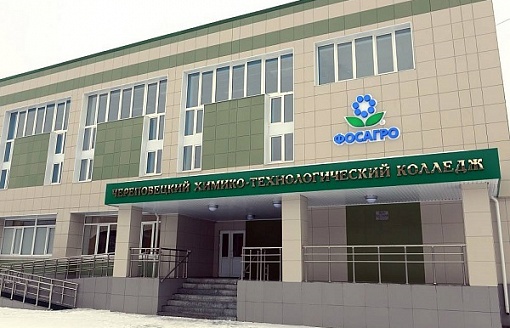PhosAgro has joined, as the first fertilizer company with production sites outside the EU, the European Sustainable Phosphorus Platform (ESPP). Membership in the not-for-profit association will allow the company to participate in developing the European public and research agenda for sustainable phosphate resource use. The association includes international companies and organizations involved in fertilizer production, the search for innovative solutions and research in the field of fertilizers, phosphorus management and recycling, and mineral and organic fertilizer innovation.
Some of ESPP’s key objectives are to offer association members platforms to share knowledge, transfer best practices and create professional networking opportunities in the field of phosphate resource use; it also aims to support dialogue among market participants, stakeholders and regulatory authorities, as well as to eliminate regulatory obstacles. “We have long cooperated actively with a number of highly regarded global organizations in researching, developing, and implementing joint initiatives aimed at solving global challenges, and we are honored to join the European Sustainable Phosphorus Platform,” said Irina Bokova, chair of the Sustainable Development Committee on PhosAgro’s Board of Directors, adding that this “will help us maintain dialogue with a wide range of ESPP stakeholders and share knowledge and expertise, including as it relates to effective application and expanded use of fertilizers that do not contain harmful impurities.”
According to Andrey Guryev, PhosAgro’s Chief Executive Officer, “joining the European Sustainable Phosphorus Platform is a logical step in integrating PhosAgro into the international community.” He also stressed that “the Company’s approach to sustainable development is becoming more structured. Alongside a number of important internal transformations taking place in this area and our establishing a long-term roadmap, at this stage we are already contributing to food security, as well as improving the health of the world’s population and sustainable agricultural development thanks to the production of environmentally friendly, high quality fertilizers.




